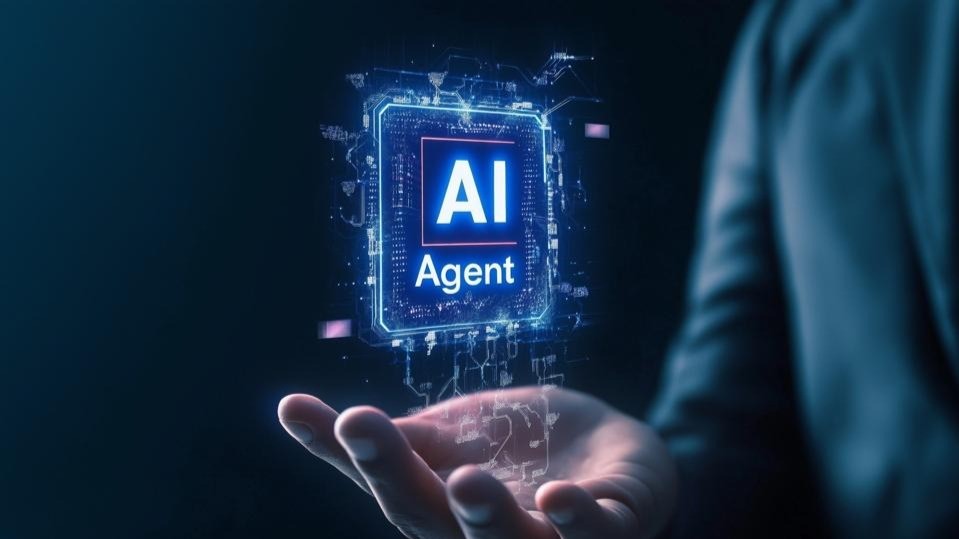How Artificial Intelligence Can Help Identify and Treat Cancer
17 March 2022
The integration of artificial intelligence (AI) into pathology and oncology is now helping doctors detect, manage, and treat a number of different kinds of cancer.
Although many studies evaluating cancer-related AI applications are still being validated and tested, the results so far indicate that artificial intelligence could have a massive positive effect on the future of healthcare around the world.
Here is some of the latest news on how researchers are using AI to assist radiologists, oncologists, and other clinicians with treating their patients.

Personalized, AI-Designed Screening Policies
Current breast cancer screening guidelines are still quite general: Doctors recommend that all women aged 45 to 54 should get a mammogram every year. However, some advocates say efforts should be made to personalize the screening guidelines to try to reduce costly and potentially traumatic false positives from mammography.
Researchers at MIT’s Computer Science and Artificial Intelligence Laboratory (CSAIL) and Jameel Clinic for Machine Learning and Health have now created an AI-based cancer risk model called Tempo that makes personalized recommendations for when a patient should return for additional screenings.
Ph.D. student and MIT CSAIL affiliate Adam Yala says, “By tailoring the screening to the patient's individual risk, we can improve patient outcomes, reduce overtreatment, and eliminate health disparities. Given the massive scale of breast cancer screening, with tens of millions of women getting mammograms every year, improvements to our guidelines are immensely important.”
Detecting Cervical Precancer with AI
At the National Cancer Institute, a team of researchers led by Mark Schiffman, MD, MPH has developed an AI-based approach to analyzing images for cervical precancers. HPV infection causes cervical cancer, the fourth most common cancer among women globally.
Schiffman’s team tested the AI model using more than 60,000 images from an NCI cervical cancer screening trial. The AI algorithm was able to positively identify precancerous changes that required medical attention.
“The computer algorithm was at least twice as accurate as the best doctors we showed the images to,” Schiffman says. “By identifying cervical abnormalities that would likely progress, it was predicting 6 to 7 years into the future who would develop a precancer and who wouldn’t.”
AI Program Helps Doctors Detect Prostate Cancer
In September, the US Food and Drug Administration authorized the first AI software to help doctors detect prostate cancer. The program, which is called Paige Prostate, is also the first FDA-approved AI system in pathology.
To use the new tool, doctors digital scan and upload biopsy slides, then import them into the cloud-based software. The AI compares the pattern of the image to a large database of tissue patterns collected at the Memorial Sloan Kettering Cancer Center. The program specifically looks for patterns that have been previously diagnosed as cancer, highlighting those patterns for pathologists to examine more closely.
Accelerating the Discovery of Cancer Drugs
The National Cancer Institute is also using AI in a number of ways to find new cancer treatments.
The Cancer Moonshot initiative – an effort to accelerate cancer research progress – has partnered with the Department of Energy (DOE) to use AI to detect and interpret features of “target” molecules for treatment and make predictions about how new drugs might zero in on those molecules for more effective treatment.
Identifying Gene Mutations in Tumors
Scientists are now using artificial intelligence methods to identify gene mutations from tumor pathology images rather than using traditional genomic sequencing. National Cancer Institute-funded researchers at New York University used deep learning to analyze images of lung tumors from the Cancer Genome Atlas. The program could accurately distinguish between two of the most common lung cancer subtypes, as well as predict commonly mutated genes from the pictures.
Researchers at the University of Pennsylvania and Harvard University developed a deep learning method to identify IDH mutations noninvasively from MRI images of gliomas, a common type of brain cancer. Mutations in IDH genes prevent cells from differentiating into the kind of cells they are supposed to become – when that happens, they may begin to grow out of control, causing cancerous tumors.
Identifying mutations using noninvasive techniques for brain cancer patients is a particularly challenging problem for doctors, so this research shows promise.
To stay on top of these and other trends, sign up for my newsletter, and check out my books ‘Artificial Intelligence in Practice’ and ‘Tech Trends in Practice.'
Related Articles
AI, Consciousness And Longevity: A Conversation With Deepak Chopra
By now, “smart” versions exist of just about every home appliance, gadget and gizmos we can think of. However, manufacturers continue[...]
AI Chatbots Are Quietly Creating A Privacy Nightmare
By now, “smart” versions exist of just about every home appliance, gadget and gizmos we can think of. However, manufacturers continue[...]
The Biggest Barriers Blocking Agentic AI Adoption
By now, “smart” versions exist of just about every home appliance, gadget and gizmos we can think of. However, manufacturers continue[...]
Space, AI, And The Future Of Human Potential
By now, “smart” versions exist of just about every home appliance, gadget and gizmos we can think of. However, manufacturers continue[...]
AI Agents Are About To Reshape The Future Of Business
By now, “smart” versions exist of just about every home appliance, gadget and gizmos we can think of. However, manufacturers continue[...]
The Marketing Metrics That Will Matter Most In The Age Of AI Agents
By now, “smart” versions exist of just about every home appliance, gadget and gizmos we can think of. However, manufacturers continue[...]
Sign up to Stay in Touch!
Bernard Marr is a world-renowned futurist, influencer and thought leader in the fields of business and technology, with a passion for using technology for the good of humanity.
He is a best-selling author of over 20 books, writes a regular column for Forbes and advises and coaches many of the world’s best-known organisations.
He has a combined following of 4 million people across his social media channels and newsletters and was ranked by LinkedIn as one of the top 5 business influencers in the world.
Bernard’s latest book is ‘Generative AI in Practice’.










Social Media